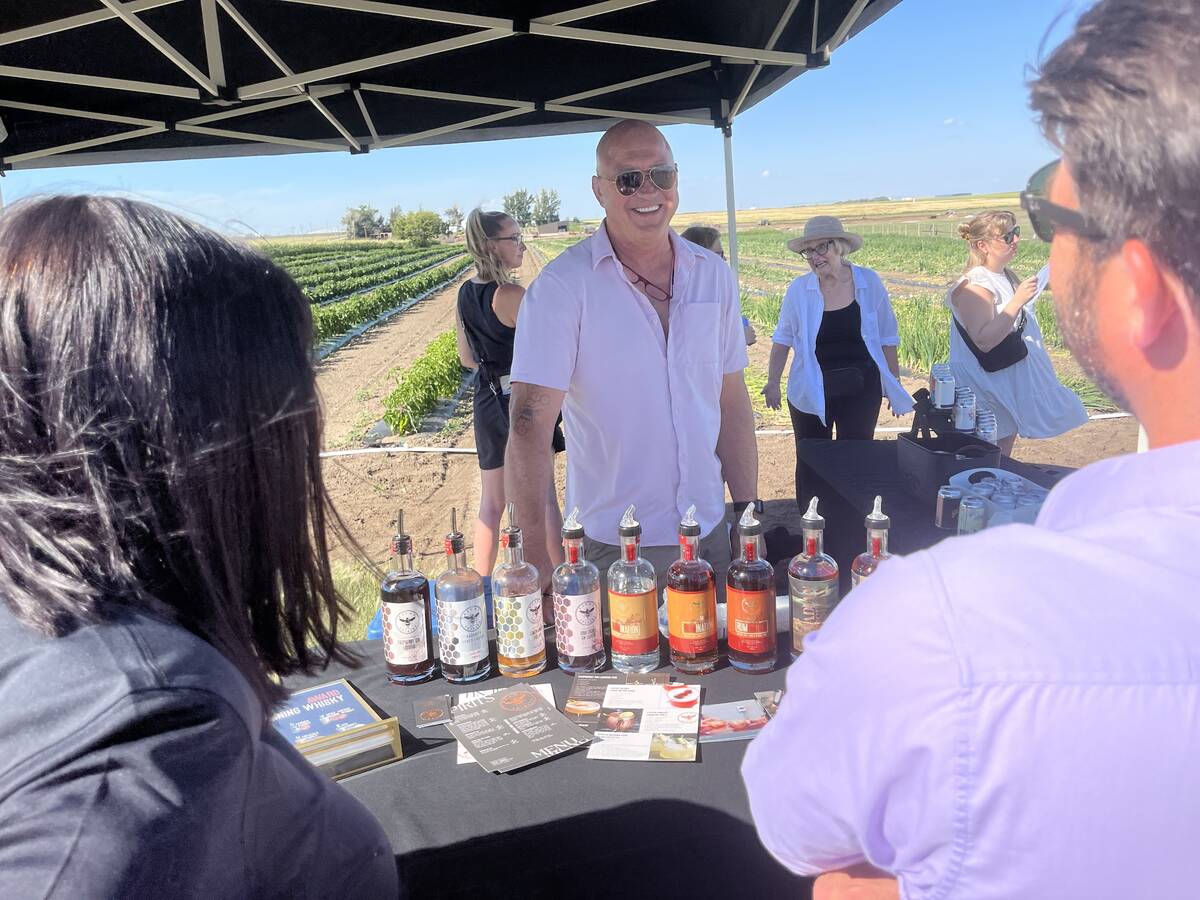How can an international body threaten our agricultural programs, an acquaintance asked after seeing headlines like “WTO accord imperils wheat board.” What power does it have over member countries, he wondered?
The World Trade Organization is an international body of 147 member countries including Canada, whose goals are to establish rules and liberalize trade. It began life in 1947 as the General Agreement on Tariffs and Trade. The name change came in 1995.
The WTO is looking at agriculture and attempting to reduce trade distorting subsidies. A few weeks ago, member countries reached a preliminary agreement that provided that “trade distorting practices with respect to exporting STEs (state trading enterprises) include eliminating export subsidies provided to or by them, government financing and the underwriting of losses. The issue of future use of monopoly powers will be subject to further negotiations.”
Read Also

From farmer to award-winning distiller
Pivot Spirits showcases transition from farmer to distiller with provincial award-winning results in Alberta for Lars Hirch
The goal of the WTO is to reach a final agreement on agriculture by the end of 2005. The final text is yet to be determined.
Canada, like any other country, has the power to set and determine its own trade policy. That can include a ban on imported goods or a system of high tariffs to discourage imported goods. However, like other members of the WTO, Canada has chosen to work toward liberalizing trade.
The WTO does not have any mechanism for enforcing the terms of any international trade agreement. Rather, agreements are based on the assumption that member countries will voluntarily abide by deals they have made.
But there is a method for ruling on disputes regarding the interpretation of the 60 WTO agreements. Countries must first try to resolve their disputes themselves. Failing that, they can consult the WTO secretariat for assistance in negotiating and mediating the dispute. If the informal process doesn’t work, the complaining country can ask for a panel. The Dispute Settlement Body will establish a panel of three trade law experts drawn from a roster of 300 individuals maintained by the body. Eighteen Canadians are listed on the roster.
After an initial hearing, the panel issues an interim report and the parties are given a chance to respond. The panel then issues a final report, which is forwarded to the settlement body for formal adoption. The countries can again make representations to that body.
Appeals can be made to an appeal panel, again composed of three members. There is a seven member appeal roster, none of whom is Canadian. Only questions of legal interpretation of an agreement can be made to the panel.
Rulings from the panels are in the form of recommendations. In Canada’s dispute with New Zealand over whether our dairy marketing system amounted to a subsidy that supported exports, the appeal panel ruled in late 2002 that Canada should bring its measures in line with its obligations under the agreement on agriculture. The enforcement of any decision is dependent on the country ruled against voluntarily obeying the judgment.
Sanctions rare
Member countries can also impose trade sanctions against any offending country, but from what I can determine, that is extremely rare.
Only countries can take disputes to the WTO. Under the North American Free Trade Agreement, individuals, organizations and businesses can advance claims that the agreement has been violated.
Don Purich is a former practising lawyer who is now involved in publishing, teaching and writing about legal issues. His columns are intended as general advice only. Individuals are encouraged to seek other opinions and/or personal counsel when dealing with legal matters.














